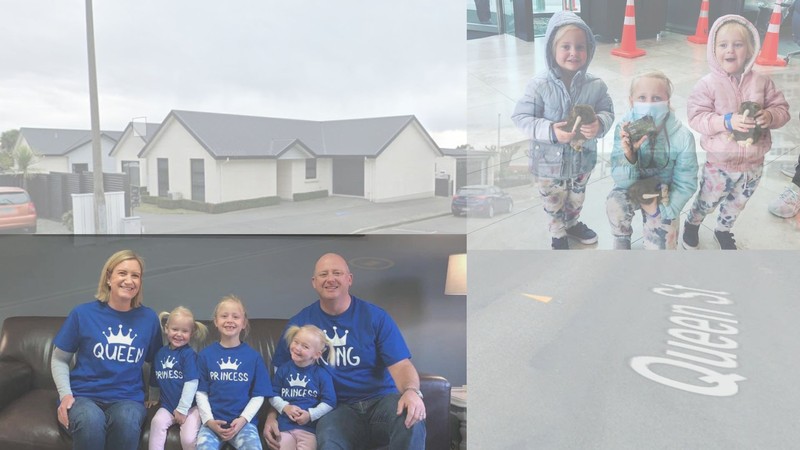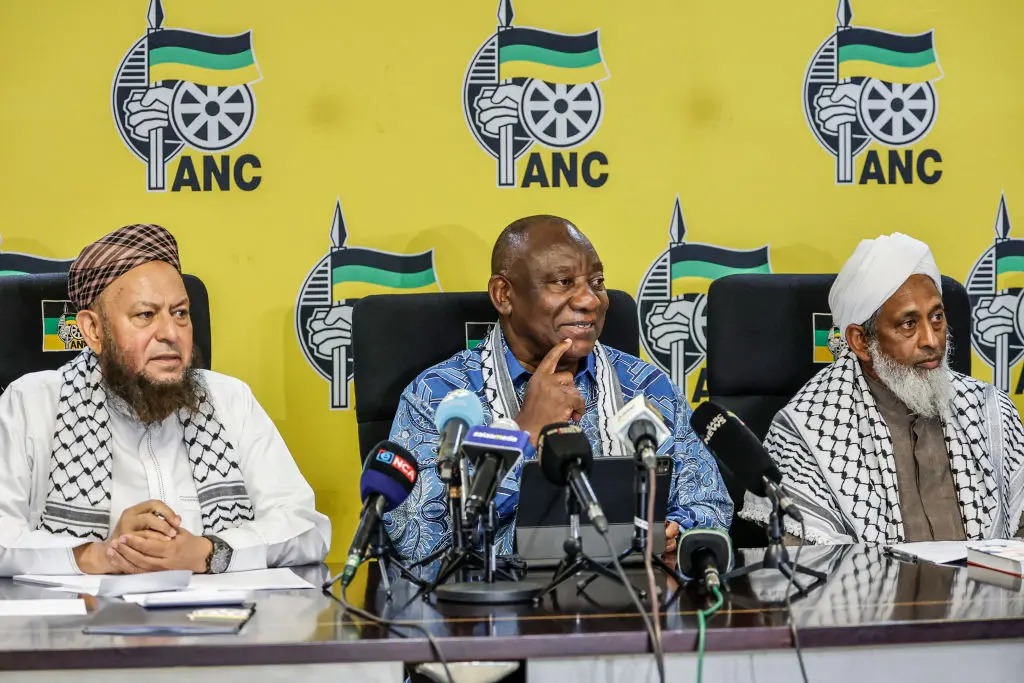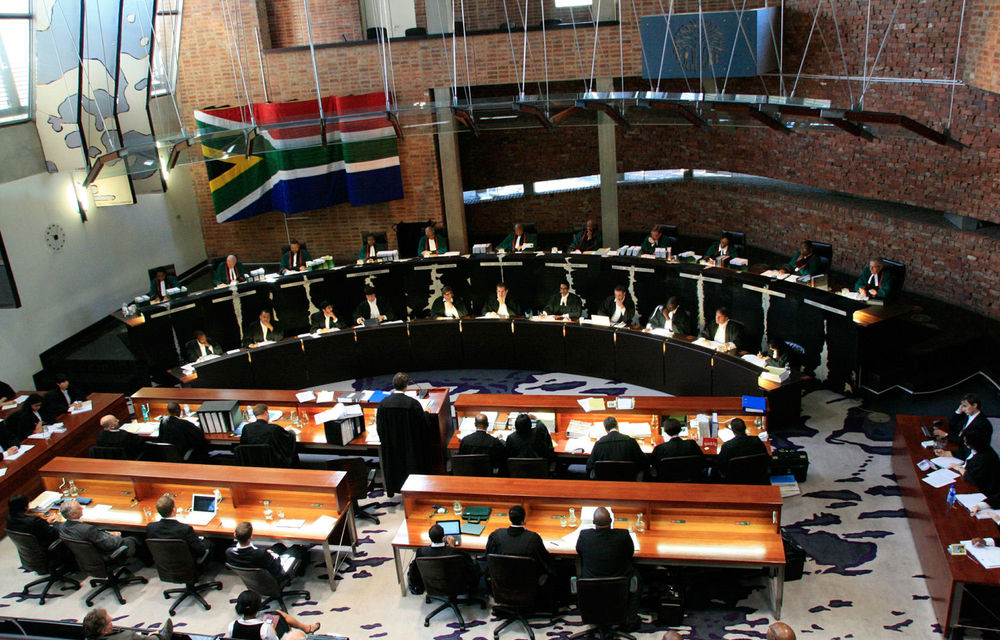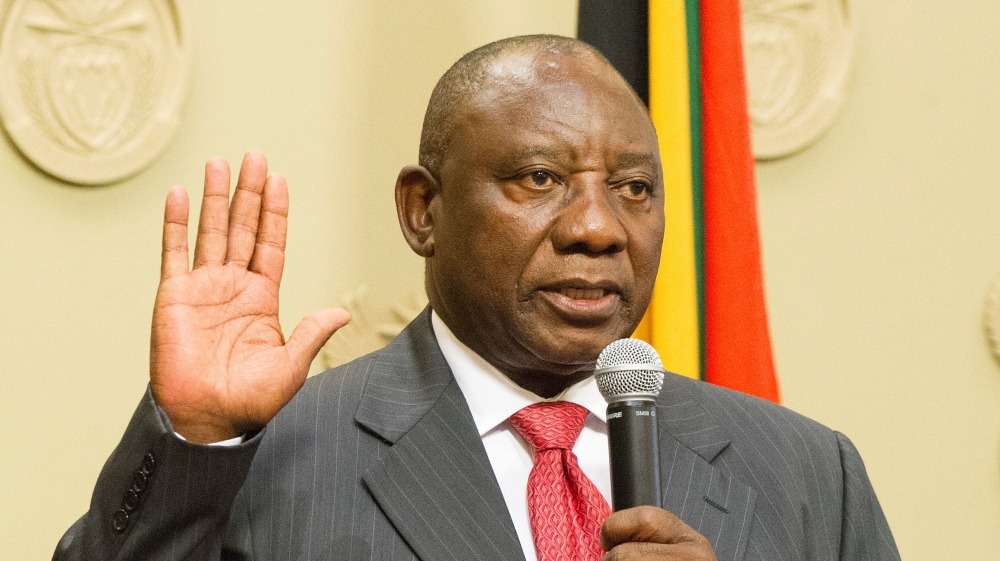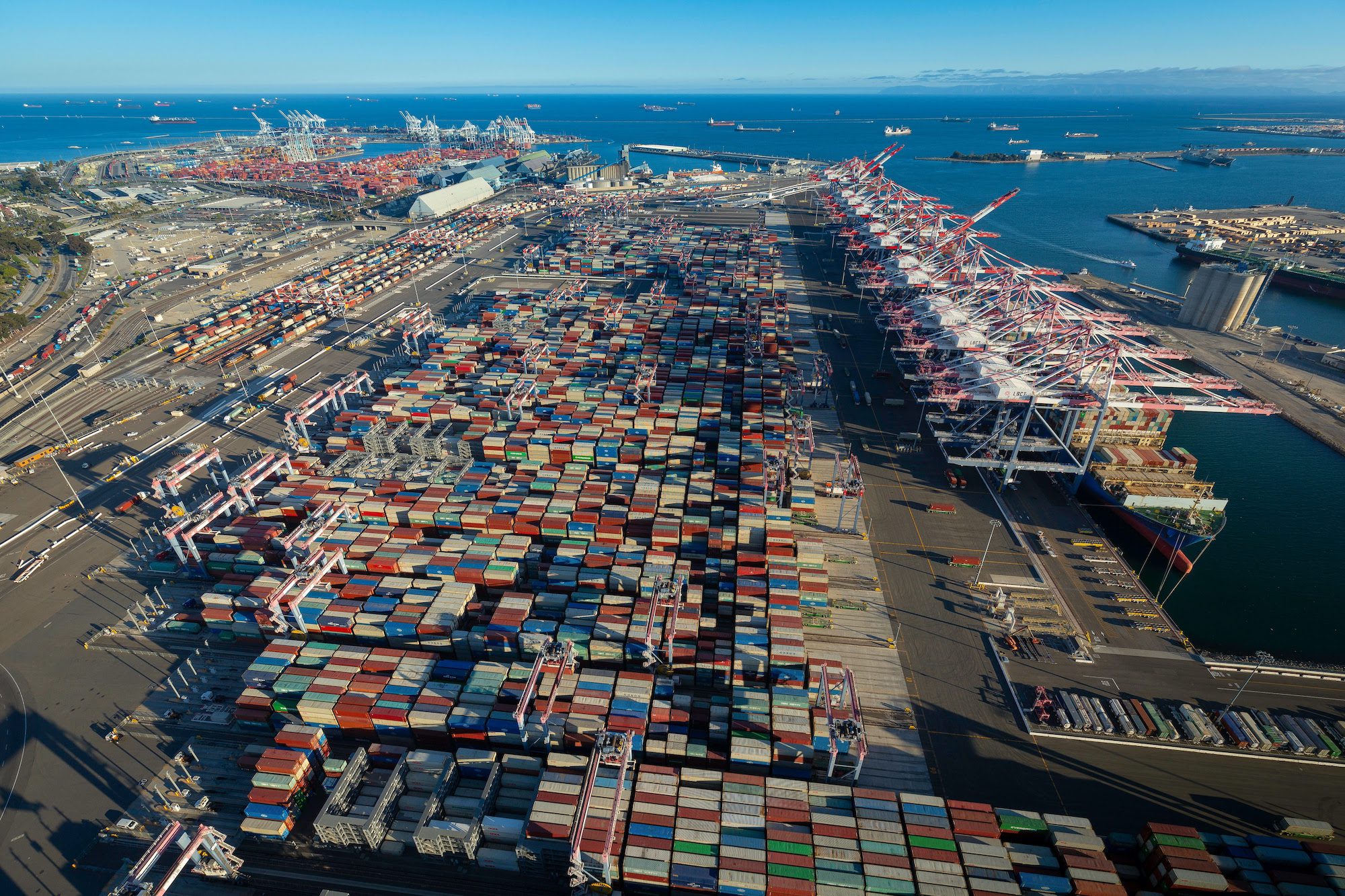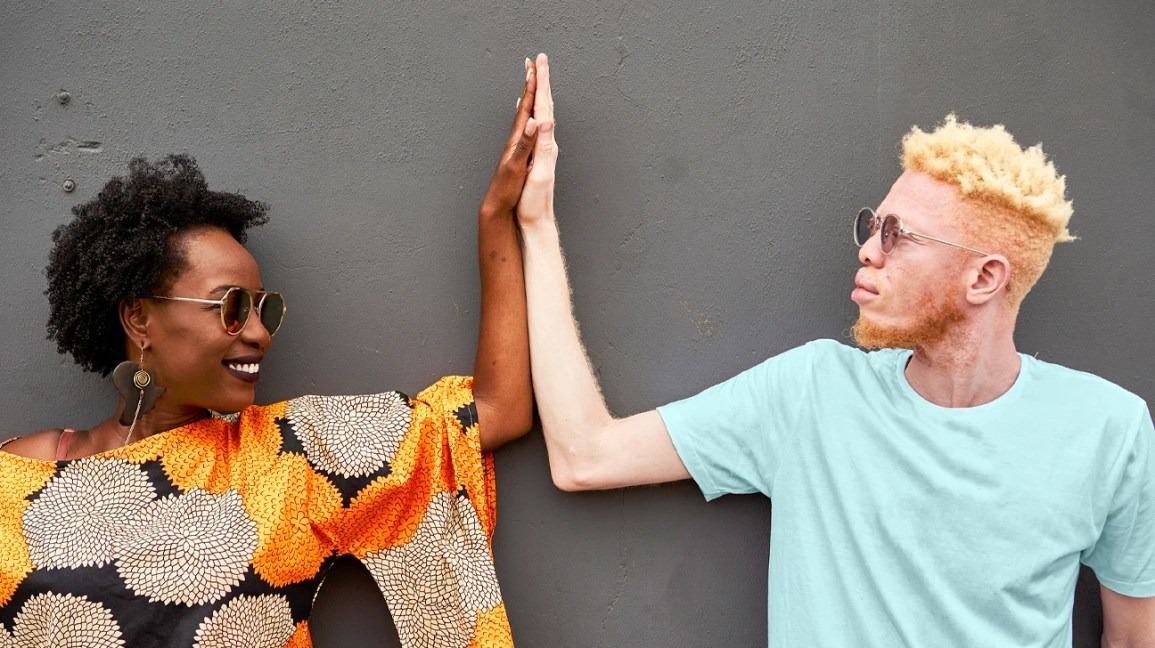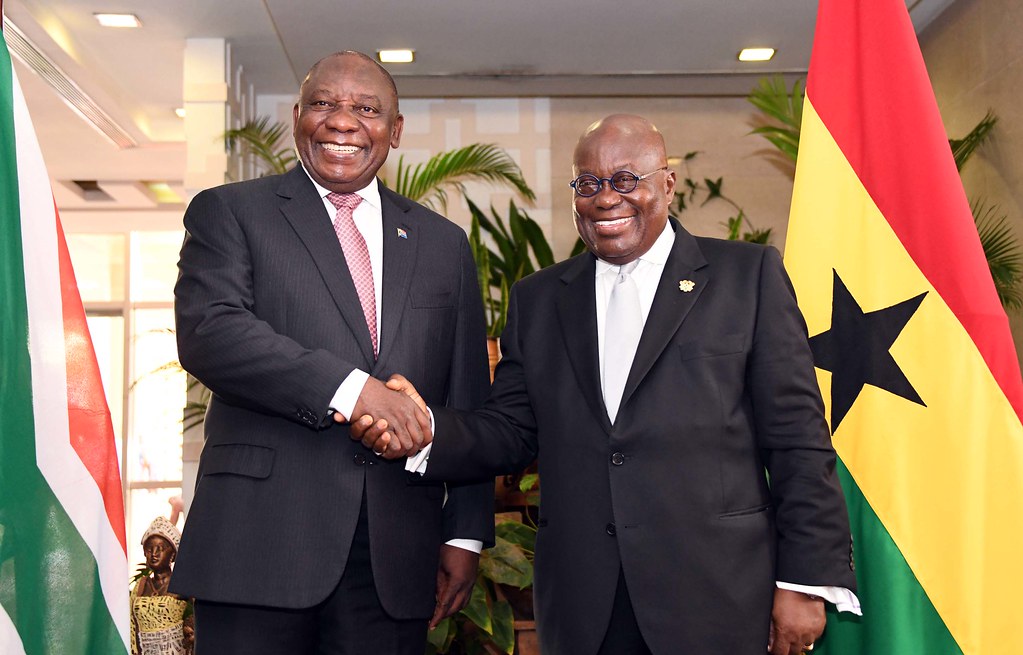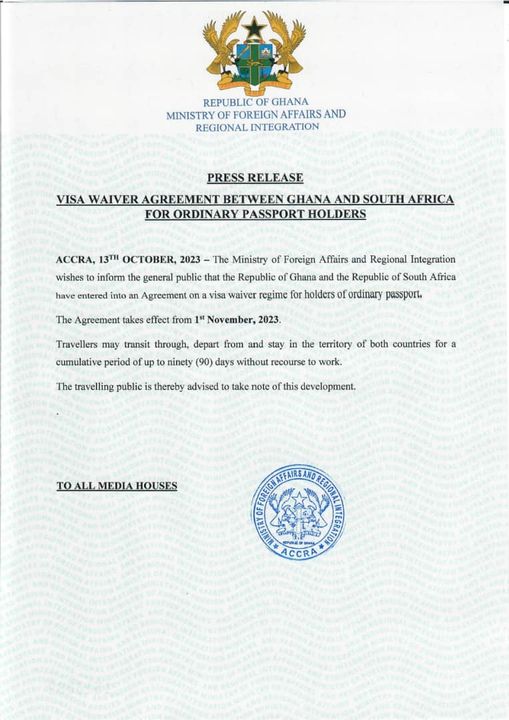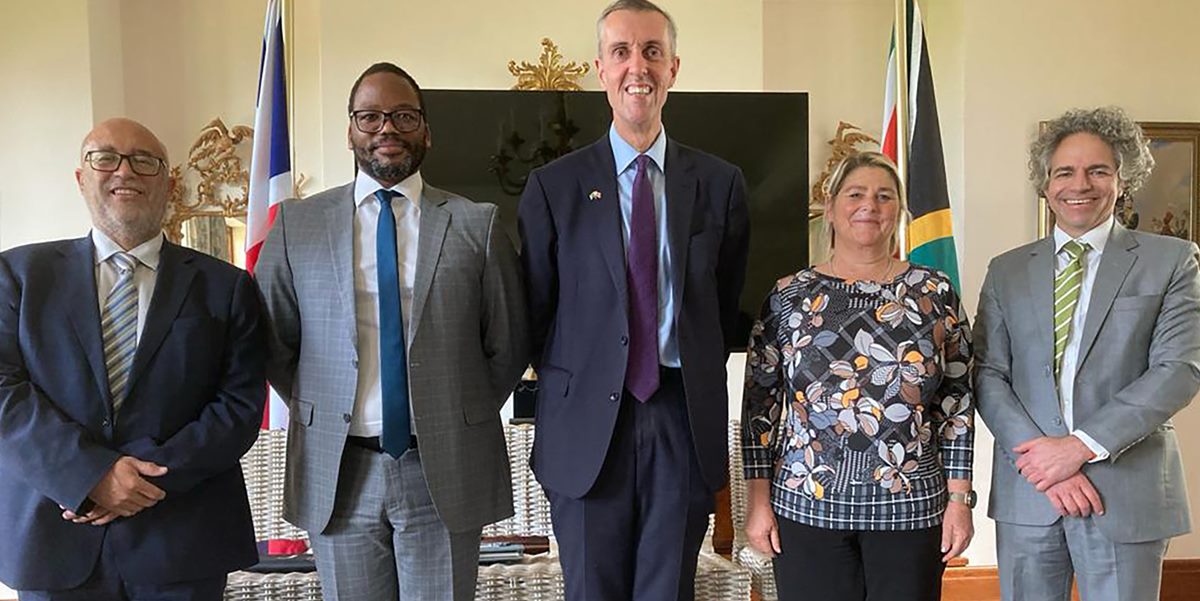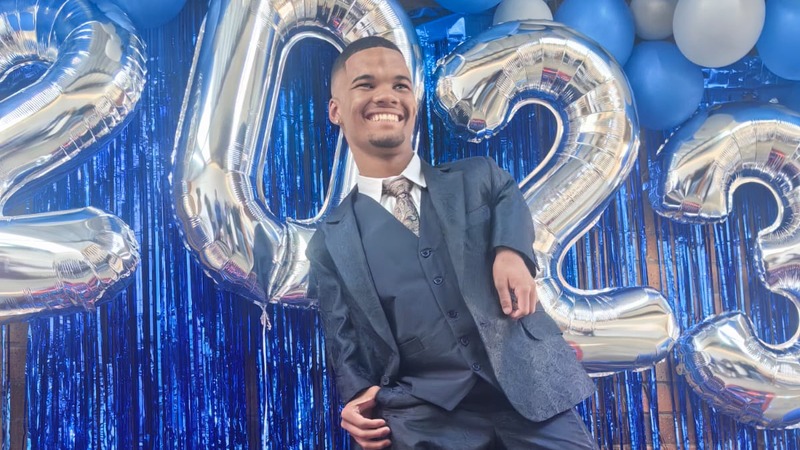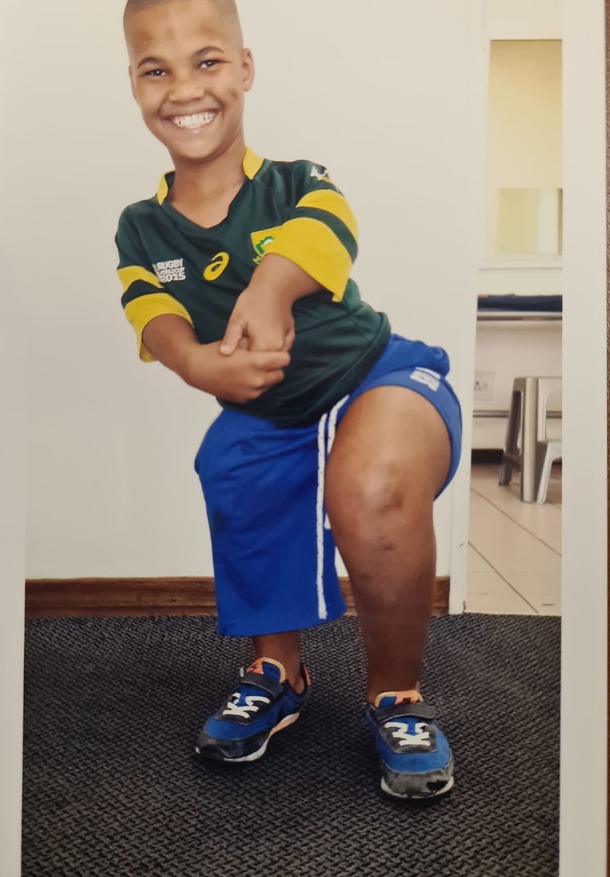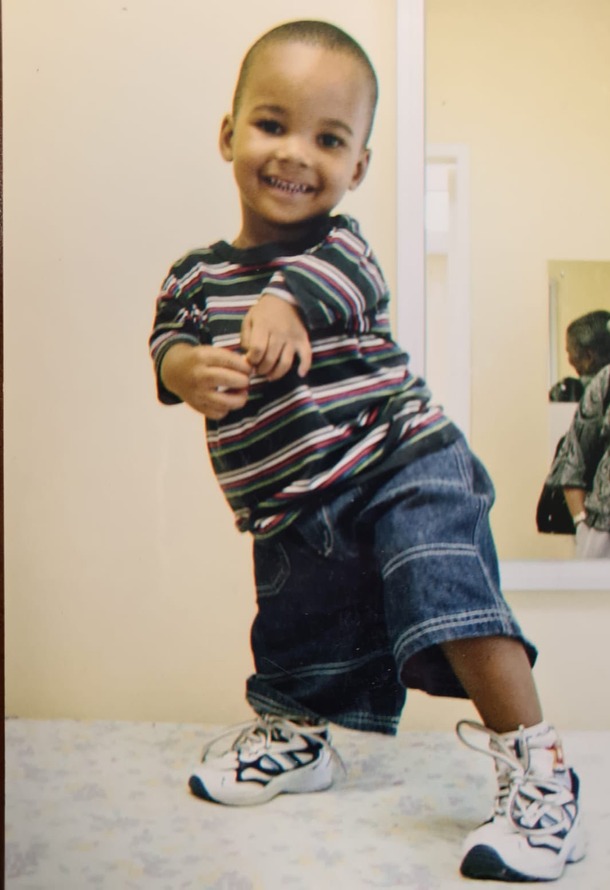In a surprising twist, South Africa’s unreliable electricity supply is attracting significant foreign investment in renewable energy, with the United Kingdom emerging as the leading foreign investor in the sector. The UK’s trade envoy for South Africa and Mauritius, Andrew Selous, recently highlighted the country’s commitment to renewable energy in an interview in Cape Town. Selous emphasized that the challenges faced by South Africa’s state-owned power utility, Eskom, are driving UK commercial and industrial investment into renewable energy in South Africa.
One prominent example of UK investment in renewable energy is through companies like Globaleq, which currently operates two wind farms and six solar farms with a total capacity of 384MW. These projects support approximately 1,300 jobs and are set to expand further. British International Investment, the UK’s development finance institution, owns a majority stake of 70% in Globaleq.
Additionally, the UK’s Solar Century is actively involved in developing, building, owning, and operating solar power plants, including battery storage facilities. Gridworks, another UK company, is contributing to the expansion of the electricity grid capacity in South Africa.
The most significant UK investor in South Africa, according to Selous, is Hive Energy. Hive Energy is constructing a £5-billion green ammonia production plant in the Coega special economic development zone in the Eastern Cape. This facility aims to provide green energy for the maritime shipping industry, which has a substantial carbon footprint. Selous highlighted the potential collaboration between South Africa, which possesses 80% of the world’s platinum group metals, and the UK’s ITM company, which specializes in electrolyzers for hydrogen production. Such a partnership could leverage the expertise of both countries to produce hydrogen and foster a mutually beneficial relationship.
Selous also spoke about Rolls Royce’s ambition to establish South Africa as a hub for its plans to build small modular nuclear reactors across sub-Saharan Africa. This project holds the potential to create numerous jobs and bring technical expertise to the region.
Furthermore, several British companies, including Rio Tinto, are investing in renewable energy to power their operations. Rio Tinto, one of the world’s largest mining companies, is allocating approximately $500 million to renewable energy projects, including solar and wind, to sustain its operations in South Africa.
Selous emphasized the importance of the UK’s trade relationship with South Africa, recognizing it as the most significant trading partnership with Africa. The combined trade between the two countries amounts to R258 billion annually, accounting for a quarter of the UK’s total trade with the entire African continent. UK investment in South Africa stands at R512 billion, representing half of the UK’s total investment in Africa.
Beyond renewable energy, Selous highlighted the active presence of British businesses in South Africa, particularly in Cape Town. Companies like Capita have created thousands of jobs and are expanding their operations, fostering economic growth and providing employment opportunities for young South Africans.
Selous acknowledged the challenges faced by South Africa, such as frequent power outages and infrastructure constraints, including railway and harbor bottlenecks. However, he emphasized the need for a strong government-business partnership and private sector investment to address these issues effectively. Selous expressed his optimism about South Africa’s potential to become a regional global energy superpower, given its abundant natural resources, including ample sunshine, wind, and coastal areas suitable for floating wind and tidal energy generation.
The UK government is also playing a significant role in South Africa’s energy transition through its joint financing, along with other countries, of the Just Energy Transition Partnership (JETP). This initiative supports South Africa’s transition away from coal-fired power generation by investing in renewable energy and ensuring a just transition for coal miners and their communities.
Selous concluded by expressing his confidence in the enduring strength and significance of the trade and investment relationship between the UK and South Africa. He revealed that the UK had invited President Ramaphosa to give the keynote address at its African investment summit, underscoring the commitment to fostering economic ties between the two countries.
As South Africa moves forward with its green economy journey, Selous encouraged greater investment in renewables to avoid potential carbon border adjustment mechanisms and to create a sustainable future. He emphasized that time is of the essence, and urgency is required to attract investors and ensure the success of these initiatives.
With a shared vision for a greener future, the partnership between the UK and South Africa is poised to bring about positive change, economic growth, and job creation in both countries for years to come.


